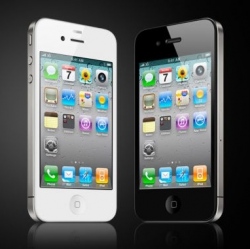
In a little over a decade, Africa has gone from a region with virtually no fixed-line telecoms infrastructure to a continent where one in six of the billion inhabitants now owns a cell phone, creating one of the largest, low-cost distributed sensor networks we’ve ever seen, with the potential to completely transform global health care, MIT Technology Review reports.
But ultimately the biggest impact may well come from the rich data the network of cell phones can provide. Last year organizations like Ushahidi and Healthmap showed how crowdsourcing and automated data aggregation could be used to map the death toll from the Syrian uprising. And a paper published in Science last fall demonstrated how cell phone data from 15 million people in Kenya could be used to help reveal how human travel patterns can contribute to the spread of malaria.
In global health terms, where even slight improvements in modeling go a long way, that is an extremely exciting proposition. Even if cell phone data were to improve upon existing models by just 1 percent, that would translate into the prevention of the deaths of 69,000 children under age five a year.
